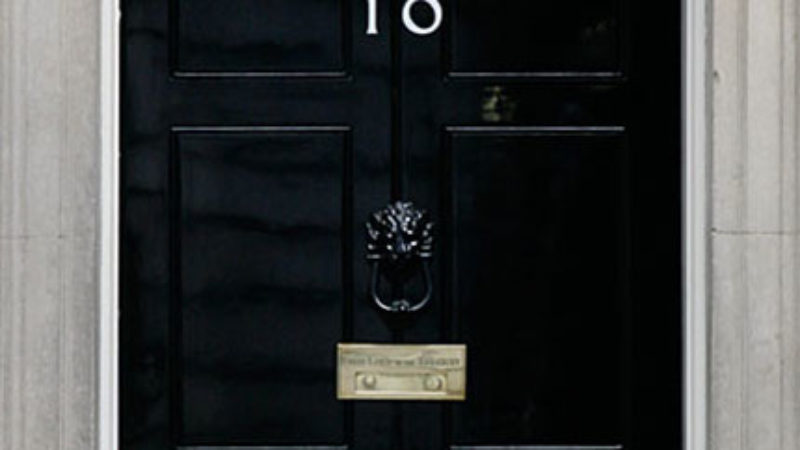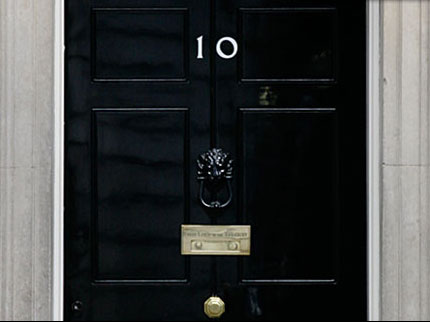

Though it pains me to say, the 2015 election results were a landmark. They prove definitively, once and for all, beyond all doubt, that you can’t beat the Tories with a ‘progressive alliance’ of Labour and the Lib Dems. The ‘progressive alliance’ is a mirage, and the inescapable truth is simple. You can only beat the Tories by winning over Tory voters.
I’ve been trawling through the results in our target seats since we lost to get to the bottom of just what happened. And the blunt truth is fairly simple. Outside our great cities, or university seats or seats with a large number of ethnic minority voters, Labour struggled.
We thought it would be very different. We assumed, indeed many of us prayed, that the collapse in the Lib Dems would send three-quarters of their voters our way building a new Tory-crushing centre-left bloc.
And there was some evidence it wasn’t political mirage masquerading as political strategy. Since 1974, there’s been an inverse relationship between the Labour and Liberal vote. When we did well, they did badly and vice versa. Roy Jenkins and the SDP did much in the 1980s to foster the notion that we had much in common. And Tony Blair was once pretty sympathetic to the argument, arguing in celebration of the 1945 government that Labour and the Lib Dems shared a reforming tradition in our embrace of Keynes and Beveridge. Charles Kennedy’s left wing stance and the giant gains of the Lib Dems during the Iraq war all reinforced the notion that if we tacked left, we’d sweep up an anti-Tory majority and win.
Well now we know the truth. The Lib Dems were not a vast reservoir of closet lefties waiting for the clarion call to march to the Labour banner. Far from it. In the ‘average’ of the 74 target seats we lost, the Lib Dem vote fell by over 6,500. But the average UKIP vote rose by nearly 5,000. The remaining votes were split between us and the Tories – with the Tories taking 2,500 and the 500 or so left going to us. In other word, we captured just one in thirteen of the fleeing Lib Dems. So much for the progressive alliance. It seems you can only beat Tories by wooing Tory voters.
But that’s not all. Close inspection of the results reveal three harder truths.
Number one: our problem with blue collar workers, the old skilled working class, is serious. We won only 32% of ‘C2’s’. In thirty-three of our target seats both the Lib Dem and the Labour vote fell. And as it happens these are the seats where about a third of residents are blue collar workers. Their lives have changed in the last few years. Many, many more women work. Self-employment has soared. Stable manufacturing jobs are a thing of the past. When I went back to Harlow, where I grew up. with Channel 4 news yesterday, I met voter after voter who told me bluntly: ‘Labour used to be the party of the working class – but it isn’t anymore’. These voters talked about the Tories offer on childcare, about how they worried a 50p tax rate and the mansion tax would scare away job creators – and how they liked the idea of raising the income tax threshold. It’s not blue Labour we need, but blue collar Labour.
Second, we have a new emerging threat from the Greens. In over forty of our target seats, the Green vote rose by more than the Labour vote. I spent lots of the campaign out on the road with our amazing Labour Students. They were very clear with me: we need to become far greener in policy and character. We need to be the ‘Greens you can believe in.’
Third, and perhaps most stark is the new challenge from older voters. It turns out the Tory majority amongst the over 65s is two million – more than the overall Tory majority. While the Tories promised early access to pension pots, the triple lock, a council tax freeze and protection of winter fuel allowance for all, we had frankly very little to say. But here’s the timebomb. At the next election, they will be 1.6 million more voters over the age of 65 and 40% of voters will be over 50. If we don’t put a place a brilliant offer for older voters, we are, quite simply, not going to get re-elected.
I’m a great believer in the idea that retail politics failed us at this election; the ‘vote Labour and win a microwave’ approach to politics. We need a big, bold vision for the future as we did in in 1945, 1964 and 1997. When we rally a sense of old fashioned class loyalty and appeal to individual aspiration we win big. And that’s the task our new leader needs to set in hand.




More from LabourList
‘The cost of living crisis is still Britain’s defining political challenge’
‘Nurses are finally getting the recognition they deserve’
Letters to the Editor – week ending 15th February 2026